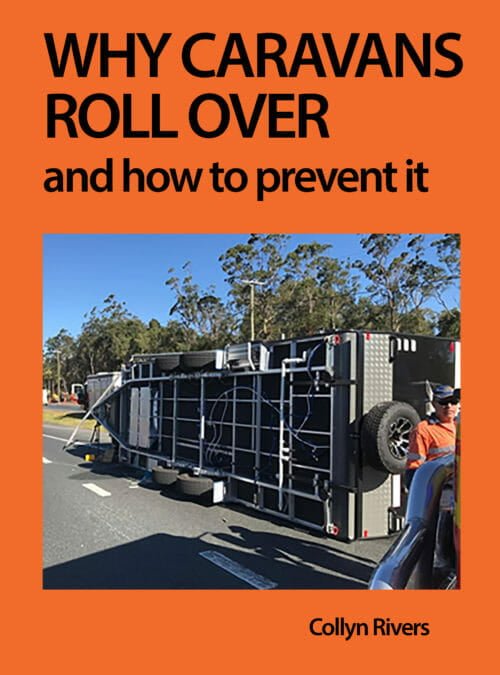If connected incorrectly, solar regulators with current shunts can register twice your true solar input. Here’s why – and how you can to fix it.
Electrical (general)
Lithium battery rival
Lithium-ion and lithium-iron-phosphate (a lithium battery rival) are two types of rechargeable batteries. They share some similarities but differ in high-energy-density, long life-cycles, and safety. Lithium-ion is used in smartphones and laptop PCs. Lithium iron phosphate (LiFEPO4) is that used in RVs etc.
Blade fuse problems in caravans – they may burn or melt
Blade fuse problems in caravans include fuses and fuse holders burning or melting. Fire risk is high because the fuses may continue to conduct. Ongoing current flow, however, may heat the fuse holder to burning point. This article by RV Books explains why and how to overcome the risk.
Lighting for caravans – it makes every sense to install LEDs
Lighting for caravans has changed. Now, by far the most practical and least energy drawing are LEDs (light emitting diodes). This article shows why.
RV supply cables – choices of current capacity and length
This article shows the sizes and lengths of electric supply cables for caravans and motor homes legally required in Australia and NZ.
Fast battery charging from generators – cheap, effective and relatively simply
Speeding battery charging from generators is cheap, effective and relatively simple. This article by RV Books’ Collyn Rivers explains how to do it.
Quietening caravan water pumps – easy and cheap to do
Quietening caravan water pumps is simple to do at no or trivial cost. This article from RV Books’ Collyn Rivers shows how.
Grid connect solar modules for RVs – here’s how you can use them
Using grid connect solar modules for RVs is readily done but needs an MPPT regulator. This article by Collyn Rivers explains how and why it is done.
Make caravan fridges work as claimed – here’s how to do it
To make caravan fridges work as claimed, and draw less energy, is cheap, simple and easy. Many can be transformed. This article shows how.
Dc-dc charging – how to speed alternator charging
Initial charging of a deeply discharged battery is generally limited to a basic dc-dc charger’s capacity: not the alternator’s. Dc-dc chargers under 20 amps thus usually take longer to charge close to flat batteries to half charge. Thereon, charging is hugely faster.




